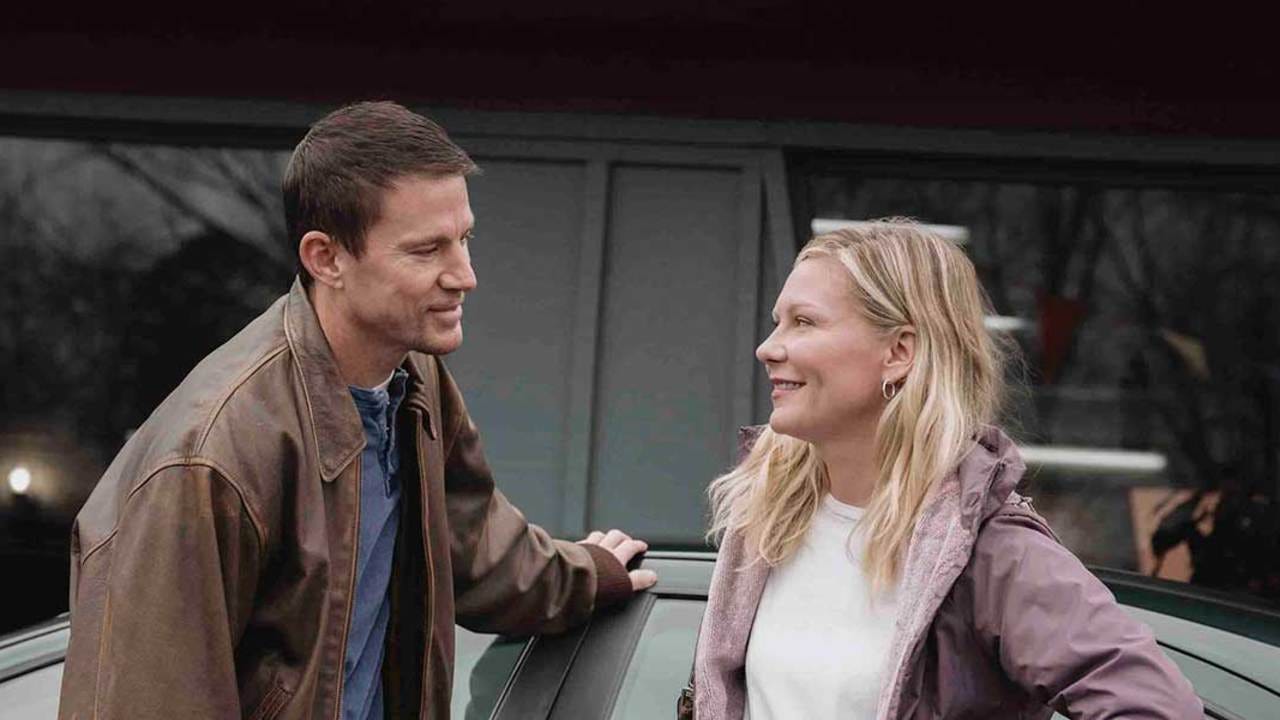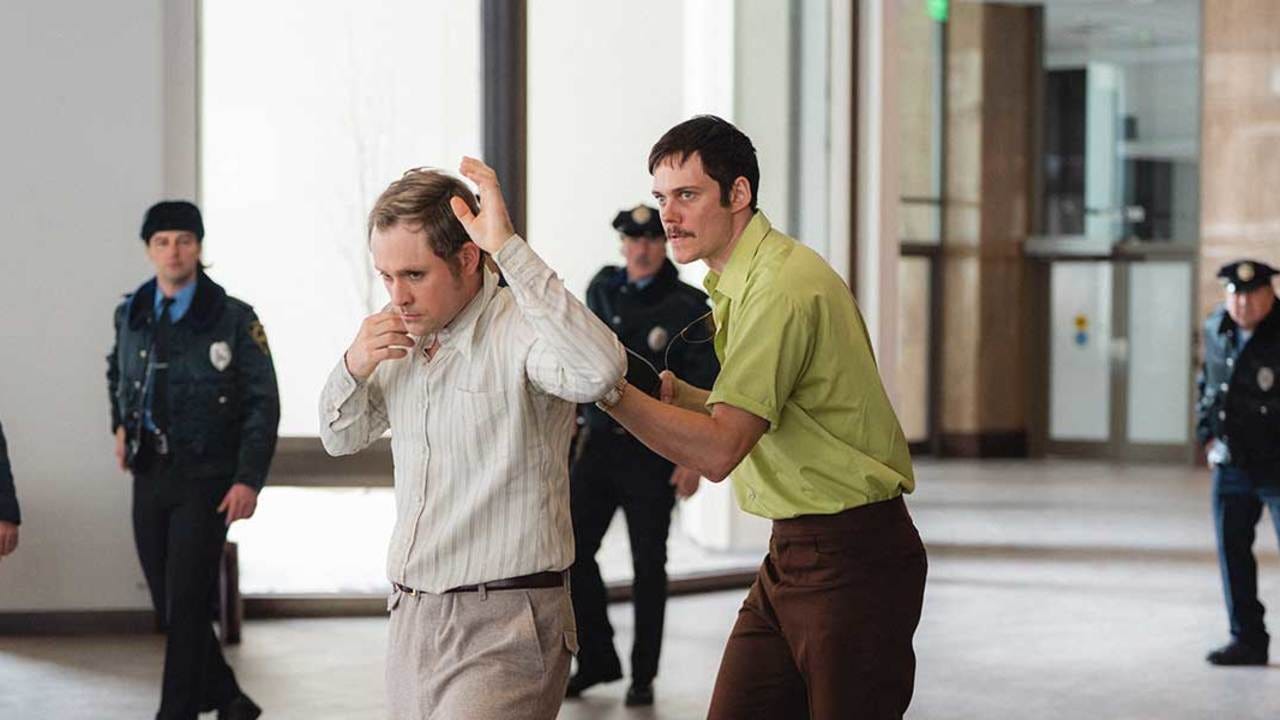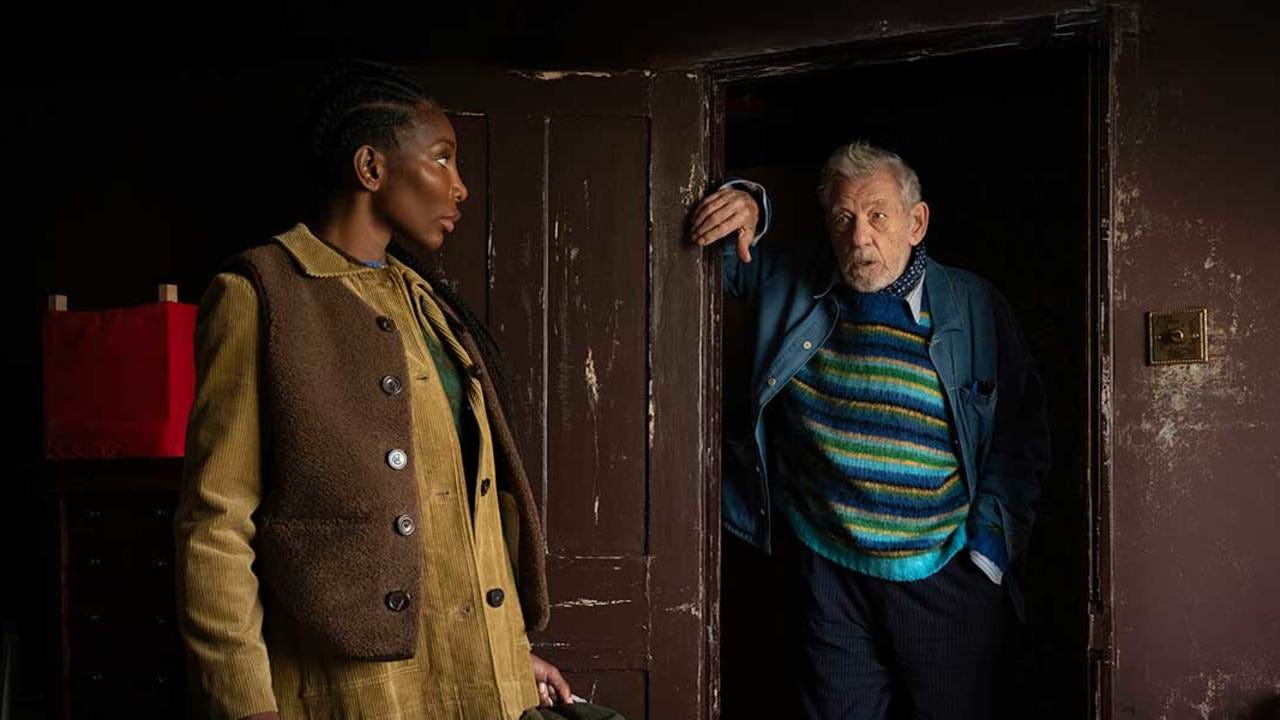TIFF '25 Day Four
A few words about Christophers
In yesterday’s TIFF dispatch, I failed to include the end of my day, which involved getting together with friends at Mark Asch’s great annual tradition: Magical Taste of China. The Uygur restaurant is one of the best in Chinatown, and the only reason all of this is worth mentioning is because, well, it’s a fucking fantastic place to eat (provided you like spicy food) and if you’re in the city, do check it out. Now that I am mentioning it, though, one of the great things about getting together with friends (and meeting new ones) at a festival is it’s where the movies actually come to life. Good or bad, differences of opinion, we’re all there out of the same love for the art, so the discussions are rich. A conversation about The Testament of Ann Lee, for example, clarified a lot of my own feelings about it, making the film itself more enriching. What’s the point of culture, after all, if it’s not shared?
I got home at a reasonable hour, and thus slept a reasonable amount of time, feeling quite refreshed for Day Four and my first film of the day, Derek Cianfrance’s new film Roofman, starring Channing Tatum as the Roofman, a real-life criminal who first robbed dozens of McDonald’s locations, get sent to prison, then escaped and ended up camping out inside a Toys"R"Us. As the film tells it, during his time there, he managed to get himself into a church group and romance a woman there, played by the wonderful Kirsten Dunst, all while stealing product from the store to sell off for cash. The wrinkle is that for all his criminality, the Roofman tries to be a nice guy to everyone he meets, including the victims of his burglaries, going so far as to give one guy the jacket off his back so he won’t be too cold locked in a freezer while waiting for the cops to arrive.
Roofman is a good film. A charming one. The kind people are often tempted to say they don’t make anymore, though that’s not entirely accurate. The most baffling thing about this film is simply that Derek Cianfrance, director of Blue Valentine and The Place Beyond the Pines, has found himself in 2025 making a film so safe. There’s nothing wrong with a safe film. Roofman might’ve used at least some hint of surprise, but the solid filmmaking and great performances from Tatum and Dunst carry it through. More than that, there’s real earnestness in Cianfrance’s approach, if perhaps a little too thematically explicit by the end. He spent a long time communicating with the real-life subject of the story from prison, and the contradictions of a natural liar and criminal who nonetheless genuinely wants to be seen as a good person by those he encounters make for a good story.
From one real-life crime film, I made my way to the next, heading over to the Princess of Wales for Gus Van Sant’s first film in seven years, Dead Man’s Wire. Set in 1977, the film is a very Dog Day Afternoon-esque thriller about Tony Kiritsis, a disgruntled man who rigged a wire and shotgun around the neck of a mortgage company owner’s son, taking him hostage. Kiritsis had bought a plot of land, hoping to lease it out to a grocery store, only to discover that the people who’d given him the mortgage were going behind his back to dissuade leasers in order to take over ownership of the land at a lesser price. The hostage-taking was an attempt at justice, but also to put on a public show and become a folk hero. The little guy screwed by the wealthy capitalist, like the company’s owner, played by Dog Day’s own Al Pacino in a walk-on part.
Not close to as great as Dog Day Afternoon—an impossible feat—the film nonetheless has a cool energy about it. The script, by Austin Kolodney is alternately exciting, moving, and very funny. Van Sant directs with a clean assuredness, but adds the spark of recreated archival footage using old cameras, adding the point-of-view of the media coverage itself. Bill Skarsgård is excellent as the twitchy, sympathetic, and clearly out of his mind Kiritsis. He also gets to bounce off Dacre Montgomery, playing his hostage, Richard Hall, who fully inhabits a man with a more complicated place in the story, emotionally speaking, than you’d expect. It also helps the film, frankly, that it carries unexpected relevance in light of Luigi Mangione’s assassination of UnitedHealthcare CEO Brian Thompson. Another act of righteous violence, successfully staged for maximum folk hero appeal. The film, not unlike Mangione’s act, leaves open the question of righteousness attached to such acts of violence against the elites keeping the lower classes down.
After the movie, I went home for a bit, momentarily catching up with my roommate, who has also been seeing films at the festival, before heading off to a party for The Secret Agent. It was another great opportunity to see friends, put faces to some online names, and meet a couple new ones. Plus, seated at the next table over was the great director Lucrecia Martel, so that was fucking cool.
A few drinks in me, it was back to the Princess of Wales for Steven Soderbergh’s new film, The Christophers, his second or third film this year, depending on how you do your accounting. Another collaboration with writer Ed Solomon, The Christophers stars Ian McKellen as an aging painter whose terrible children have hired an art restorer and forger, played by Michaela Coel, to go work for him while secretly “completely” his promised third series of paintings in an decades-long project dubbed The Christophers, which they have already pre-sold for millions. I am a Soderbergh guy. I’m there for him, I’m in the tank, I’m just inclined to like whatever it is he’s up to. Sometimes that means films that feel more like experiments than proper, solid films, but I usually like those, too (Presence being a great recent example). This one, though, surprised me. Bowled me over, I should say.
Solomon’s script, first off, abounds with energy and wit. Dialogue flies fast and cleverly, while deftly tackling issues of aging, the work of making art, and the notion of personal expression as cultural legacy. None of this would work as well as it does without Soderbergh’s fleet directing, which leans into the theatricality of the script without ever letting it feel like a filmed play. Even more central to the film’s greatness are its central performances from McKellen and Coel. One of our great living actors, McKellen has not been this good onscreen in years. It’s a performance that courageously leans into his age, frail, but with fire inside. Opposite him, Coel is more reserved, but equally great as a woman whose broken artistic spirit unexpectedly mirrors the older artist. The game of their interactions across the film, apparently originally intended to play more like Patricia Highsmith, is endlessly fun, and by the end is moving enough to have brought a few tears to my eyes. It is another of the festival’s highlights.
From there, I went to the afterparty for The Christophers, again meeting friends old and new and having a great time basking in the glow of a great movie. TIFF is real good sometimes.




